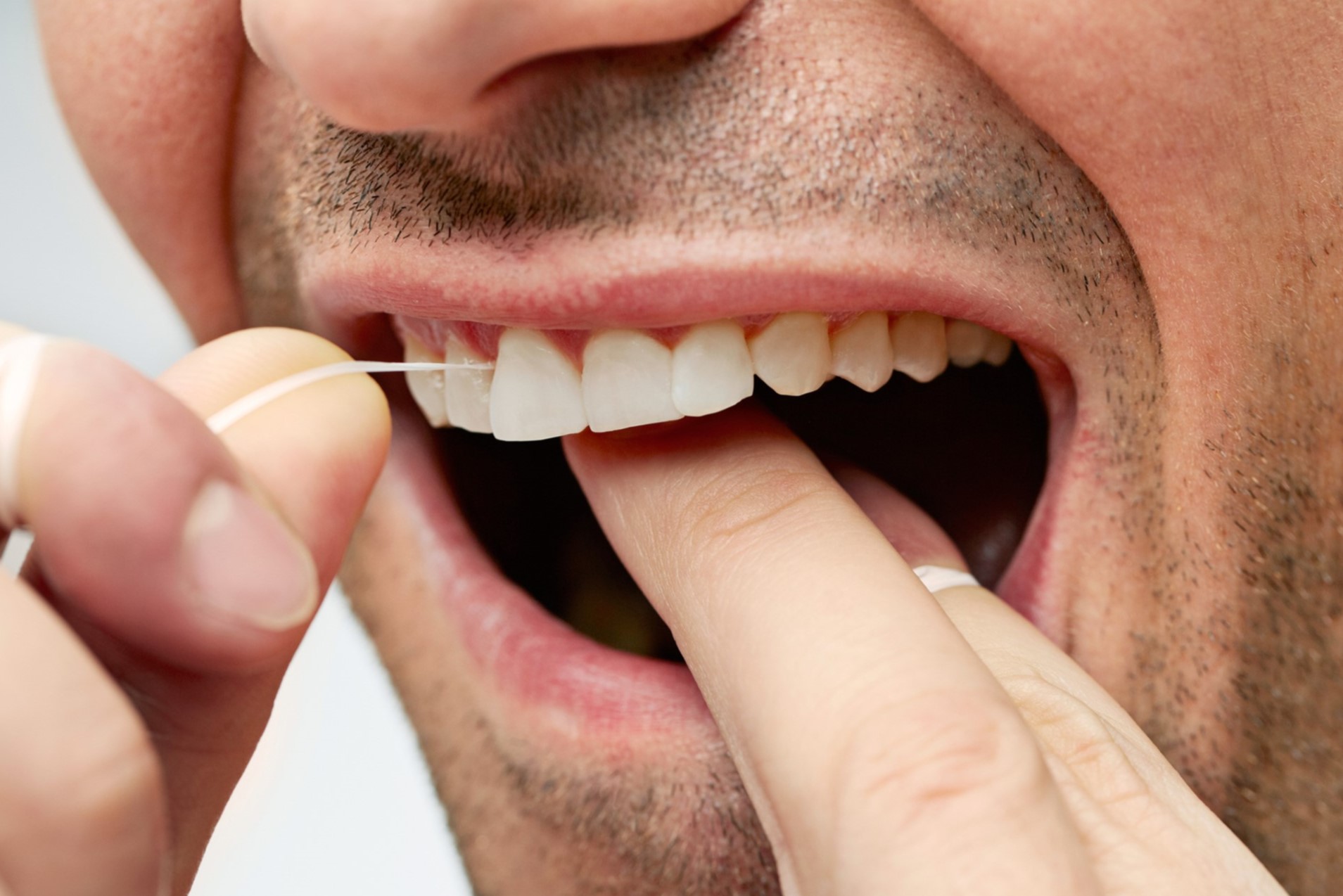
Flossing is an essential part of a good oral hygiene routine, yet it is often overlooked or neglected by many people. However, the truth is that flossing offers numerous benefits for oral health that brushing alone cannot provide. In this article, we will explore 18 fascinating facts about flossing that will motivate you to make it a non-negotiable part of your daily dental care. From its ancient origins to its modern-day significance, we will delve into the science behind flossing and debunk common myths. By the end of this read, you’ll have a newfound appreciation for this simple yet powerful oral care practice.
Key Takeaways:
- Flossing is not just about removing food particles, it also prevents gum disease, cavities, and bad breath. It’s like a superhero for your teeth and gums, keeping them healthy and strong!
- Flossing is like a secret weapon for a healthier smile and overall wellness. It reaches places that brushing can’t, prevents tartar buildup, and even promotes a healthier heart. It’s a small habit with big benefits!
Flossing helps prevent gum disease.
Regular flossing removes plaque and food particles from between the teeth and along the gumline, preventing the development of gingivitis and periodontitis.
Flossing can improve bad breath.
By removing food particles and plaque from between the teeth, flossing can help combat bad breath and keep your mouth feeling fresh.
Not all floss is the same.
There are different types of floss available, including waxed, unwaxed, tape, and flavored floss, each with its own unique characteristics and benefits.
Flossing can help prevent cavities.
Removing plaque and food debris from between the teeth can help prevent the formation of cavities and reduce the risk of tooth decay.
Flossing should be done at least once a day.
For optimal oral hygiene, it is recommended to floss at least once a day, preferably before brushing your teeth.
Flossing can help maintain overall health.
Research suggests that gum disease may be linked to other health conditions, making regular flossing an important part of maintaining overall health.
Proper flossing technique is crucial.
Using the correct flossing technique ensures that you effectively remove plaque and debris without causing damage to your gums.
Flossing can reach areas that brushing can’t.
While brushing is essential, flossing can reach the tight spaces between teeth and under the gumline that a toothbrush may not be able to access.
Flossing can help prevent tartar buildup.
Regular flossing can help prevent the formation of tartar, which can contribute to gum disease and tooth decay.
Flossing is important for oral hygiene.
Along with brushing and regular dental check-ups, flossing plays a crucial role in maintaining good oral hygiene and preventing dental issues.
Flossing can promote a healthier smile.
By removing plaque and debris, flossing can contribute to a brighter, healthier smile and reduce the risk of dental discoloration.
Flossing can help reduce inflammation in the gums.
Regular flossing can help reduce inflammation and bleeding in the gums, promoting healthier gum tissue.
Flossing can be beneficial for people of all ages.
From children to seniors, regular flossing is beneficial for maintaining oral health at every stage of life.
Flossing can help prevent tooth loss.
By maintaining healthy gums and preventing gum disease, flossing can contribute to the prevention of tooth loss in the long run.
Flossing is an essential part of a complete oral care routine.
Along with brushing and using mouthwash, flossing completes the trifecta of oral care, ensuring comprehensive cleanliness and health for your teeth and gums.
Flossing can contribute to a healthier heart.
Some studies have suggested a potential link between gum disease and heart health, making flossing an important part of overall wellness.
Flossing can be customized to individual preferences.
With various types of floss and flossing aids available, individuals can customize their flossing experience to suit their unique needs and preferences.
Flossing is a simple yet powerful way to protect your oral health.
By incorporating regular flossing into your daily routine, you can take a proactive step towards maintaining a healthy and vibrant smile.
Conclusion
Flossing is a crucial part of maintaining good oral hygiene. By incorporating regular flossing into your daily routine, you can effectively remove plaque and food particles from between your teeth, reducing the risk of gum disease and cavities. It also helps in preventing bad breath and promotes overall dental health. Remember, flossing should complement your brushing routine, not replace it. With proper technique and consistency, flossing can contribute to a healthy, confident smile for years to come.
FAQs
Why is flossing important?
Flossing helps remove plaque and food particles from between the teeth, preventing gum disease and cavities.
How often should I floss?
It is recommended to floss at least once a day, preferably before bedtime.
Can I floss too hard?
Yes, flossing too hard can damage the gums. Use a gentle back-and-forth motion to avoid injury.
Is it normal for my gums to bleed when I floss?
Occasional bleeding may occur if you are new to flossing, but if it persists, consult your dentist as it could be a sign of gum disease.
Can I use mouthwash instead of flossing?
Mouthwash is not a substitute for flossing, as it does not effectively remove plaque and debris from between the teeth.
Can I floss if I have braces or dental work?
Yes, special flossing tools are available for those with braces or dental work to ensure thorough cleaning.
Was this page helpful?
Our commitment to delivering trustworthy and engaging content is at the heart of what we do. Each fact on our site is contributed by real users like you, bringing a wealth of diverse insights and information. To ensure the highest standards of accuracy and reliability, our dedicated editors meticulously review each submission. This process guarantees that the facts we share are not only fascinating but also credible. Trust in our commitment to quality and authenticity as you explore and learn with us.
